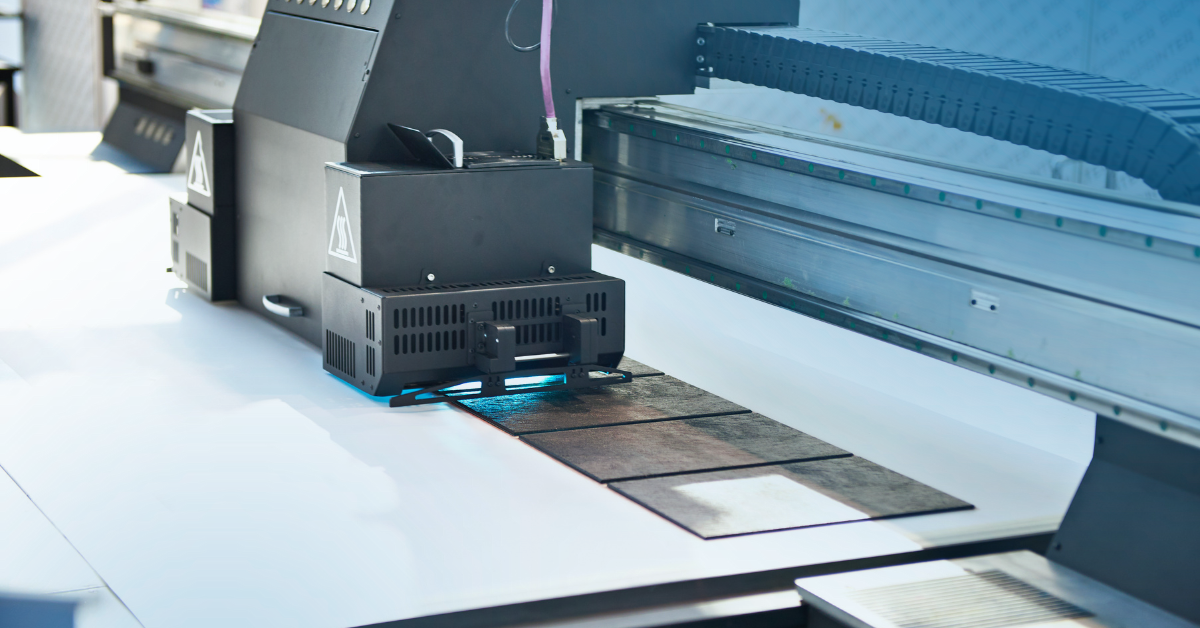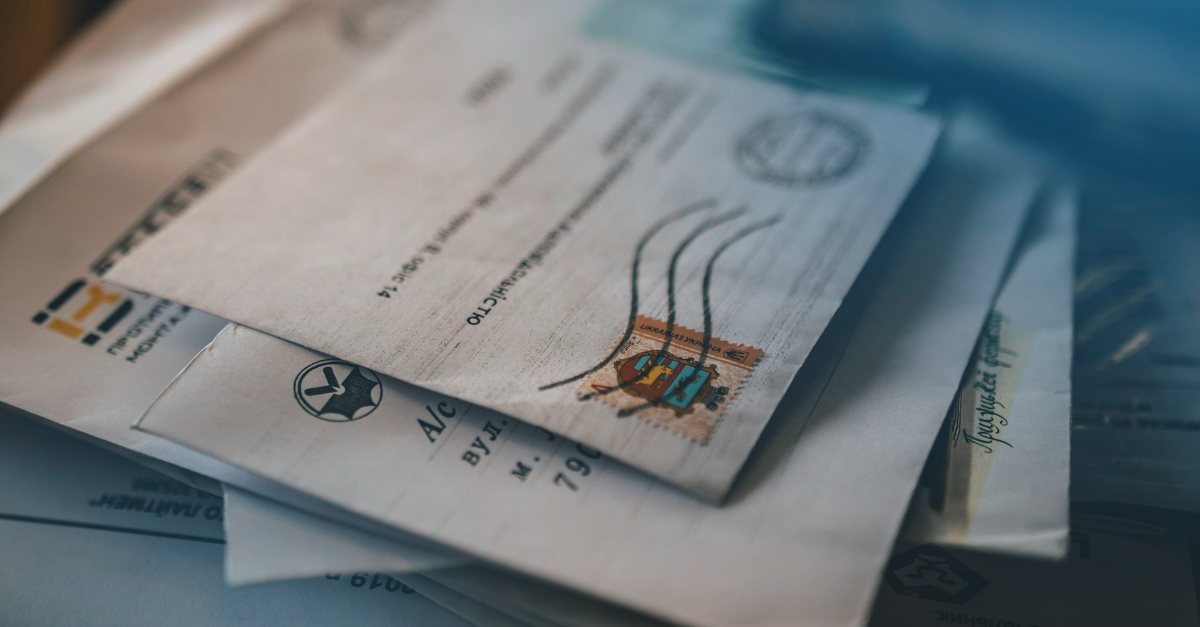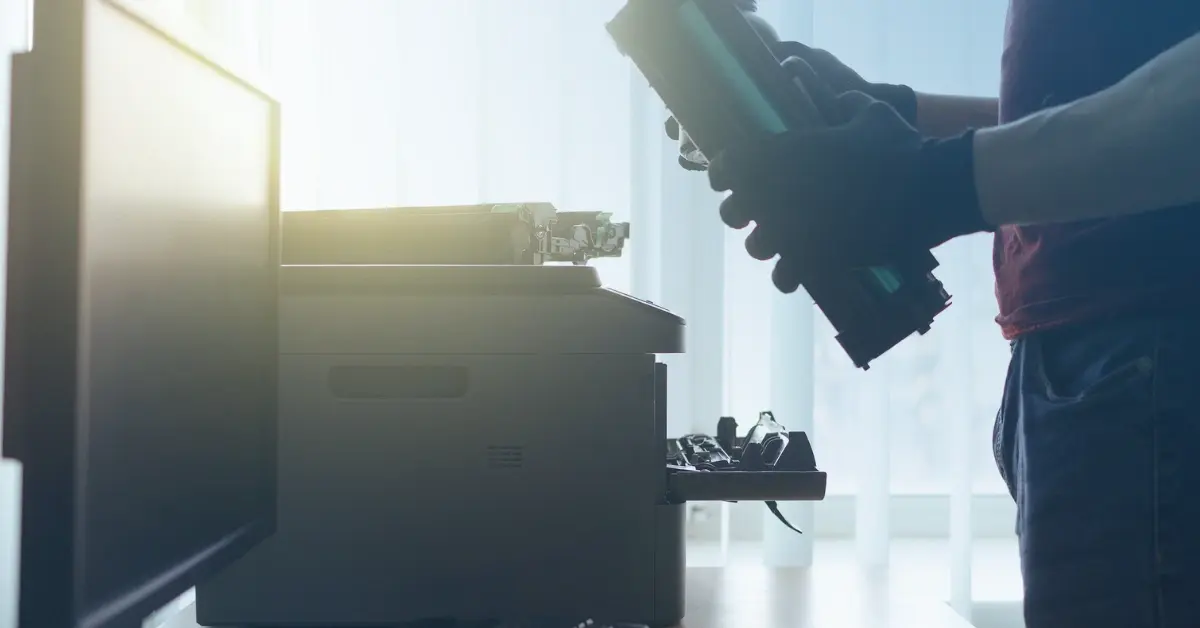Cashier's Checks vs. Personal Checks: What's the Difference?

We may read "checks are dead" on many online news publications, but that is far from the truth. In fact, the majority of B2B transactions are done via check transaction, at 80%.
But what about consumers? A survey of bank and credit union customers found that 21% still carry a checkbook daily. However, a FinanceBuzz study found that 60% of Gen Zs don't own a checkbook.
Even though they might not have a personal check, Gen Z'ers still might need a cashier's check. But why?
What is a Cashier's Check?
A cashier's check is a type of check that is issued and guaranteed by a bank. Unlike personal checks, which are drawn from an individual's account, a cashier's check is drawn against the bank's own funds. This not only enhances security but also assures the recipient of the check that the funds are guaranteed and readily available at the point of withdrawal. Cashier's checks are also readily available to print by a bank teller at most bank branches.
.png?width=550&height=309&name=TC%20cashiers%20check%20blog%20(1).png)
Cashier's Checks vs. Personal Checks
When choosing between cashier's checks and personal checks, understanding their core differences is crucial for making informed financial decisions. While both serve as payment methods, cashier's checks offer enhanced security, faster processing times, and guaranteed funds, distinguishing them from their personal check counterparts.
- Source of Funds: Personal checks are tied directly to the account holder's balance. In contrast, cashier's checks are backed by the bank itself, providing a higher level of trustworthiness.
- Recipient Assurance: With a personal check, the recipient must trust that the issuer has sufficient funds. A cashier's check eliminates this uncertainty, as the bank's backing ensures the availability of funds.
- Fraud Prevention: Cashier's checks come with enhanced security features to prevent fraud, making them a safer option for both the issuer and the recipient.
Benefits of Using a Cashier's Checks
- Security: One of the primary benefits of using a cashier's check is its security. Since the funds are drawn from the bank's reserves, the check is less susceptible to bouncing compared to personal checks. This makes them a reliable option for significant transactions.
- Speed of Processing: Cashier's checks often clear more quickly than personal checks. The bank's assurance of funds means that recipients can access the money sooner, making these checks ideal for situations where time is of the essence.
- Guaranteed Funds: When you obtain a cashier's check, the bank immediately withdraws the funds from your account, ensuring that the check will not be declined due to insufficient funds. This guarantee is particularly valuable in high-stakes transactions.
Why You Might Need a Cashier's Check
When it comes to other endeavors like real estate where transactions often involve significant sums, cashier's checks ensure that funds are secured and readily accessible, facilitating a smoother process for both buyers and sellers. Similarly, in legal contexts, when settling matters involving large financial agreements, cashier's checks offer a reliable and prompt method to transfer funds.
On the other hand, a Gen Z or Millennial without a checkbook may need to pay a large invoice for a car, house, or repair, or maybe even an engagement ring by check if the company requires one. Going down to the bank and asking for a cashier's check is the easiest way to solve that dilemma - but, it's still a dilemma. Why?
Well, the truth is that bank branches are becoming harder and harder to come by. In a post-pandemic world, most consumers are banking digitally with FinTech applications and digital wallets and don't think about the need for a cashier's checks until the day of. Even then, these consumers might find themselves in what's known as a "banking desert," a region or area that does not have financial services available for over 10 miles. With the recent surge in bank branch closures, 12 million people are living in one of these regions.
TellerCentral: The Solution to Banking Deserts

TellerCentral is the all new solution from TROY that bridges the gap between FinTech applications and brick & mortar branches. With the same look & feel as an ATM, TellerCentral takes self-service and turns it on its head. Instead of just dispensing cash and allowing customers to withdrawal and deposit cash, TellerCentral goes 10 steps further. TellerCentral takes services that you would typically only get in branch and implements them within one machine. Print cashier's checks with MICR, check sheets, deposit slips, loan coupons, bank cards & more - while still being able to deposit and withdraw cash like a traditional ATM.
By implementing a machine like TellerCentral, banks can expand their reach to customers in areas where financial resources are scarce - helping their customers while also saving big on the hefty real estate costs of maintaining a full physical branch. Not to mention, TellerCentral comes with custom brand wrapping from TROY so customers will recognize their brank no matter where they see a TellerCentral machine - whether it's in a branch lobby, grocery store, or train station.
Fill out our form to talk with an expert about TellerCentral.
Related Posts

What is UV Printing? UV Curable Inks for Packaging
Ultraviolet, or UV printing is an advanced digital technology that cures specially designed inks using UV light. This process creates sleek, vibrant designs that dry instantly,..

Here's How to Beat Upcoming Postage Rate Increases
In 2024, a notable increase in postage costs became a reality. With postage increases expected to occur multiple times a year, it's important to be prepared for what's coming.

What is MICR Toner? A Guide for Check Printing
What is MICR? MICR stands for Magentic Ink Character Recognition, and it plays a critical role in check printing. If you're printing checks for your business, you should always be..



Leave a Reply